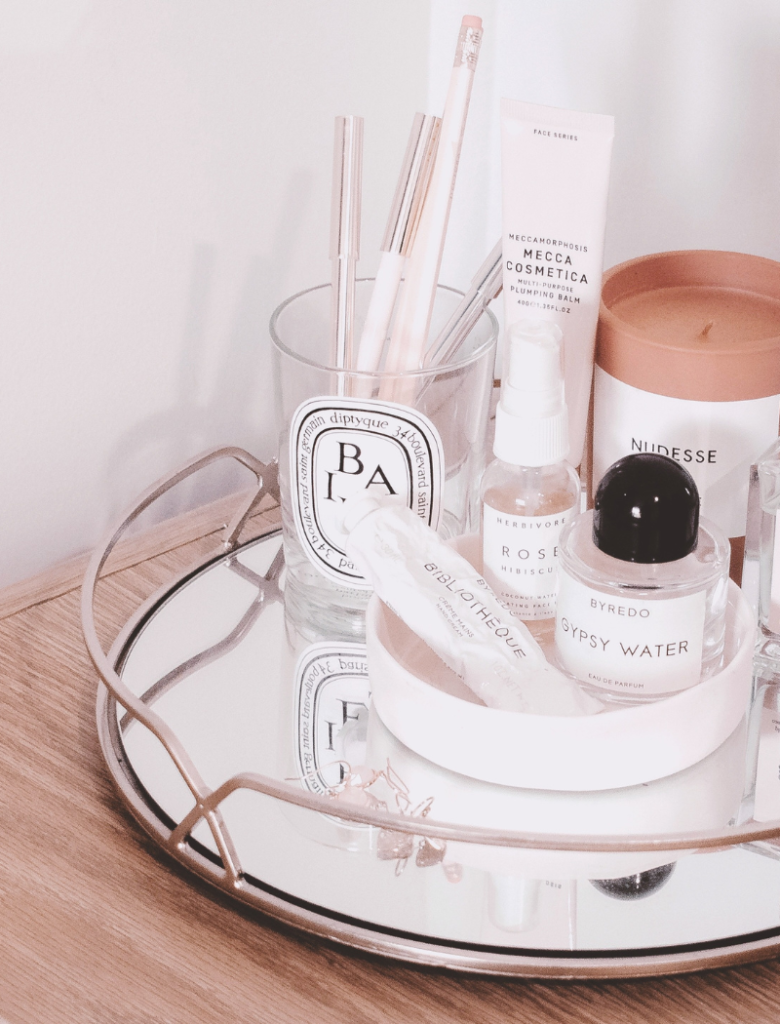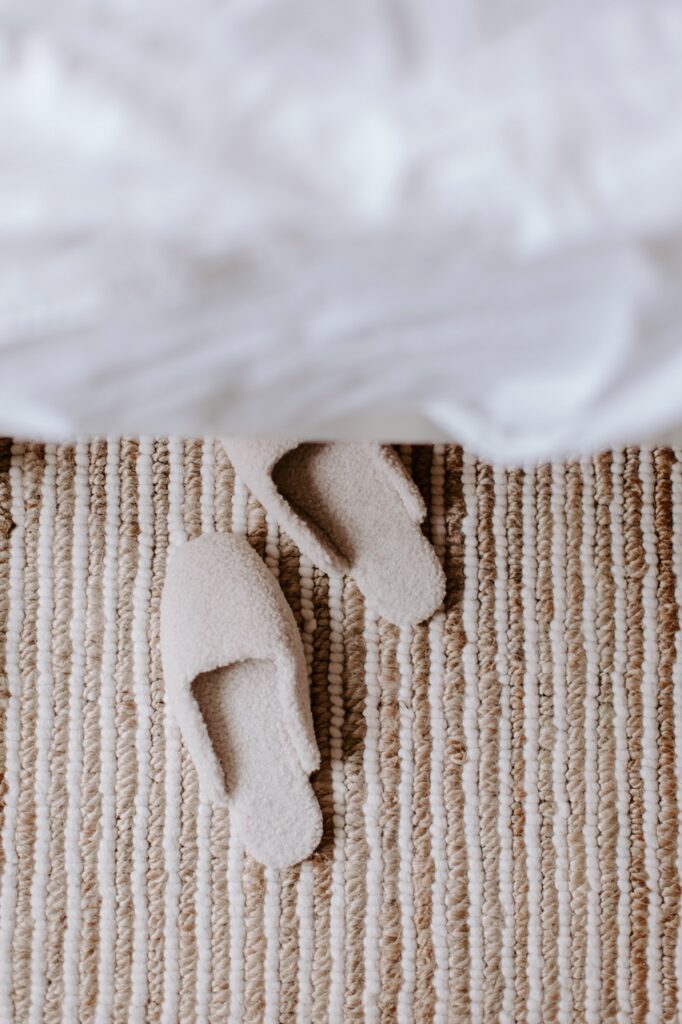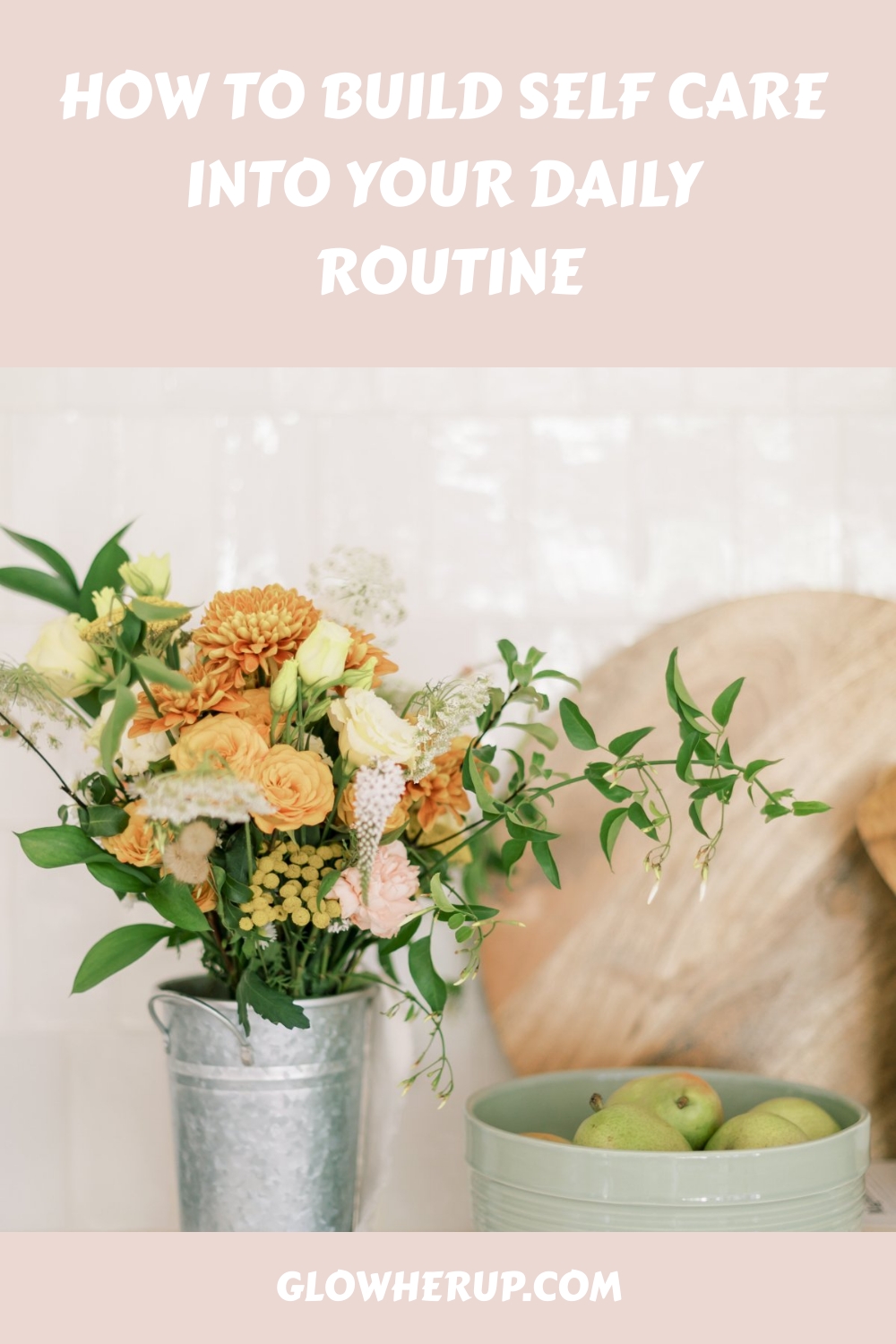Self-care, the act of taking intentional care of oneself, has gained significant attention in recent years. In today’s fast-paced world, it’s easy to put self-care on the back burner. However, building a self-care routine in your daily life is essential for maintaining overall well-being. In this article, we’ll explore why self-care is important, how to start a self-care routine, and the best self-care ideas to improve mental and physical well-being.


Benefits of a self-care routine
Implementing a self-care routine has numerous benefits, including reduced stress, improved mood, increased productivity, and enhanced resilience in dealing with life’s challenges. It allows individuals to recharge and refuel, leading to a more balanced and fulfilling life.
Defining a personalized self-care routine
Each person’s self-care routine will look different based on their unique needs and preferences. Personalizing your self-care practices is important to align with what makes you feel good and supported in both physical and emotional health.
Integrating self-care into daily life
Integrating self-care into your daily routine can involve small, intentional acts that collectively contribute to your overall well-being. By making self-care a seamless part of your day, you are more likely to stick with it and reap the benefits consistently.
How to start a self-care routine?
Creating a morning routine for self-care is an excellent way to kickstart your day with positivity and intention. Whether it’s a few minutes of meditation, enjoying a nutritious breakfast, or practicing gratitude, setting the tone for your day can significantly impact your overall well-being.
Simple self-care ideas to add to your routine
From taking short walks in nature to engaging in creative hobbies, there are plenty of simple self-care ideas that can be easily incorporated into your routine. These ideas serve as small acts of kindness towards yourself, promoting a sense of self-appreciation and respite from the day’s demands.
Incorporating hydration and nutrition in daily self-care
Proper hydration and nutrition are essential components of self-care. Ensuring that you are adequately nourished and hydrated supports your physical health and provides the energy needed to tackle daily tasks with vigor and vitality.
What are the best self-care ideas to improve mental and physical well-being?
In today’s hustle and bustle, it’s crucial to prioritize activities that promote mental and physical well-being. Engaging in self-care practices that make you feel happy and energized is key to achieving a balanced and fulfilling life.
Self-care practices to make you feel happy and energized
Activities such as practicing mindfulness, engaging in regular physical exercise, and spending quality time with loved ones are proven to boost mood and energy levels. These practices contribute to a sense of joy and fulfillment, enhancing overall well-being.
Tips to incorporate self-care into your daily schedule
Setting aside specific time slots for self-care activities in your daily schedule can provide structure and ensure that you prioritize your well-being. By treating self-care as an essential part of your day, you are more likely to stick to your routine and reap the benefits.
Overcoming barriers to self-care and finding time for it
One of the biggest challenges in practicing self-care is finding the time for it. Overcoming barriers such as feeling guilty or thinking that self-care isn’t important is crucial. Remember, self-care isn’t selfish; it’s necessary for maintaining a healthy and balanced life.
How to create a daily self-care routine that works for you?
Incorporating activities that promote physical health, such as regular exercise, adequate sleep, and nutritious meals, is vital for establishing a daily self-care routine that contributes to overall well-being. Taking care of your physical health sets the foundation for a balanced and fulfilling life.
Embracing Self-care practices for emotional Well-being
In addition to physical health, emotional well-being is equally important. Engaging in practices such as journaling, seeking social support, and practicing self-compassion contributes to emotional resilience and a positive mindset.
Finding the right balance to practice self-care daily
Finding the right balance in your self-care routine involves setting achievable goals and being flexible with your approach. It’s essential to create a daily self-care routine that aligns with your lifestyle and is sustainable in the long run.
Why is it important to add self-care to your daily routine?
Practicing self-care improves overall well-being by reducing stress, enhancing physical and emotional health, and fostering a sense of balance and fulfillment. By incorporating self-care into your daily routine, you set the stage for a happier, healthier, and more vibrant life.
Benefits of a structured self-care routine
A structured self-care routine provides consistency and predictability, making it easier to stick to your self-care goals. It creates a framework for prioritizing your well-being and fosters a sense of personal empowerment and resilience.
How self-care makes you feel more balanced and fulfilled
By making self-care a central part of your daily routine, you cultivate a sense of balance and fulfillment in your life. It enables you to approach challenges with greater resilience and enjoy life with a renewed sense of vigor and purpose.
“` ###
Q: What is self-care and why is it important?
A: Self-care is any activity that we do deliberately in order to take care of our mental, emotional, and physical health. It’s essential because it helps to reduce stress, improve our mood, and contribute to overall well-being.
Q: How can I incorporate self-care into my morning routine?
A: You can add self-care practices to your morning routine by dedicating a few minutes for mindfulness, stretching, or journaling. It can set a positive tone for the rest of the day.
Q: What are some simple ways to add self-care to my daily routine?
A: You can start by simply setting aside a few minutes each day to do something you enjoy, whether it’s reading, taking a walk, or practicing gratitude.
Q: What if I don’t have much time for self-care?
A: Self-care doesn’t have to be time-consuming. Even small steps, like taking a few deep breaths or savoring a cup of tea, can contribute to your well-being.
Q: How can I create a self-care routine that works for me?
A: Start by identifying activities that make you happy and relaxed. Then, schedule time for those activities regularly to create a self-care routine that suits your lifestyle.
Q: What if I don’t know where to start with self-care?
A: Whether you’re just starting out with self-care or you’re looking to expand your routine, begin by reading about self-care and exploring different practices to find what resonates with you.
Q: What should I do if my self-care routine isn’t working for me?
A: It’s important to reassess and adjust your self-care routine if it’s not providing the desired benefits. Try incorporating new activities or modifying your existing ones to meet your needs better.
Q: Can self-care practices make me happier?
A: Yes, incorporating self-care into your daily routine can contribute to your overall happiness by reducing stress, improving your mood, and enhancing your overall health.
Q: Is it okay to make changes to my self-care routine?
A: Absolutely! Your self-care routine doesn’t have to be set in stone. Feel free to adapt and modify it as needed, and remember to set realistic goals for yourself.
Q: How can I keep my self-care practices consistent?
A: To maintain consistency, it’s helpful to schedule self-care just like any other important activity. Set goals, keep track of your progress, and make adjustments as needed to prioritize your well-being.







Leave a Reply